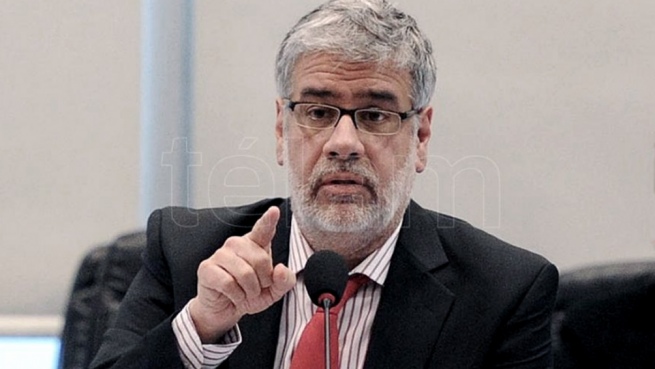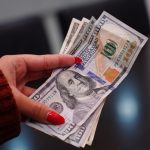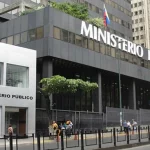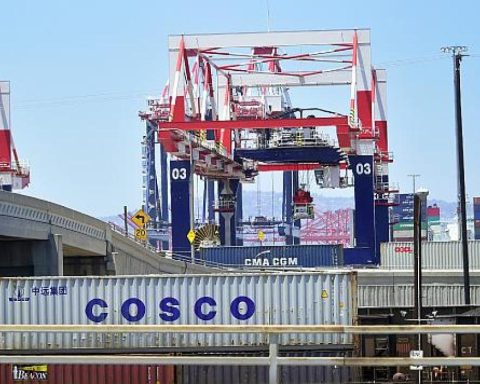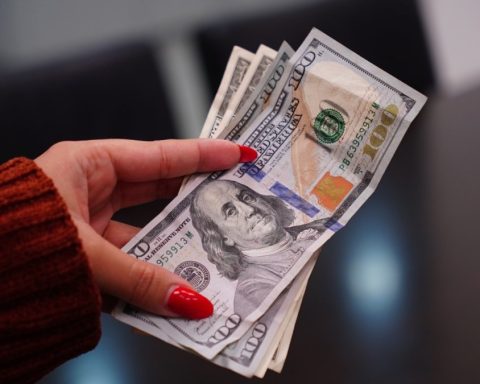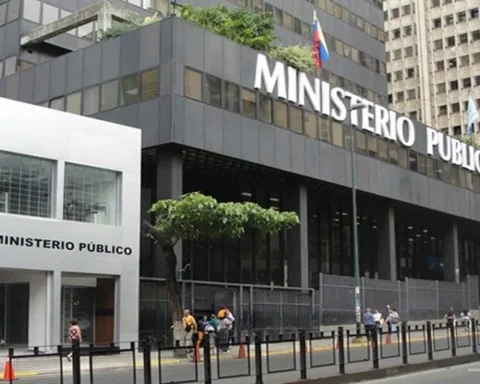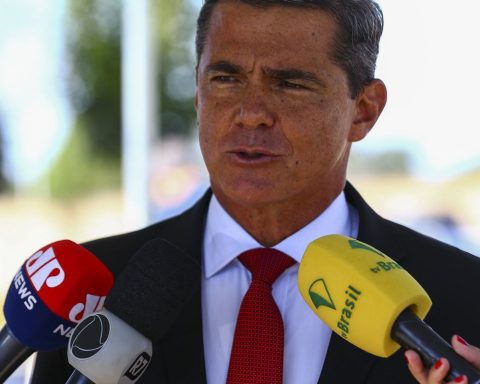The Secretary of Domestic Trade, Roberto Feletti, assured that the rise in the price of the blue dollar “does not have to impact” on the price of food or medicines since the Central Bank ensured the provision of foreign exchange for imported inputs required by companies at the official exchange rate.
In that sense, he stated that the president of the monetary authority, Miguel Pesce, held a meeting a few days ago with executives of the main companies of the local industry to guarantee that there will be no impediments to access the dollars that are necessary to buy intermediate or capital goods.
“The use of imported inputs in food is limited. In the case of medicines, not. But as long as companies can access the official dollar to pay for their imports, the measurement of the blue dollar does not have to impact,” he said. Feletti this afternoon, at a press conference at the Casa Rosada in which the agreement between the national government and the pharmaceutical industry to freeze the price of drugs at values from November 1 to January 7 was confirmed.
In the informal segment, the so-called blue dollar today marked an increase of six pesos, to an average of $ 205, with which the currency reached a new nominal record.
The wholesale exchange rate, Accessed by companies that need to import through the Single Free Exchange Market (MULC) and through which all foreign trade operations are carried out, closed at $ 100.15 per dollar.
“To the extent that the Central Bank supplies the demand for imports, and the projection of foreign exchange that it has perfectly suited to do that, it would not have to correct prices based on the quotation,” said the secretary.
And I add: “What’s more, it is an illegal market. We all sympathetically call it blue but it’s an illegal market. “
“I believe that to the extent that the business sector can import at the official exchange rate, the only correction they have to take on their costs is the value of that exchange rate. The foreign exchange necessary for imports is assured,” said the secretary.
The proximity to the electoral period and the low level of agricultural exports in recent weeks put pressure on the exchange market, although both the Central Bank and the Ministry of Economy affirmed that the stability of the exchange rate is not at risk, neither now nor after the elections.
